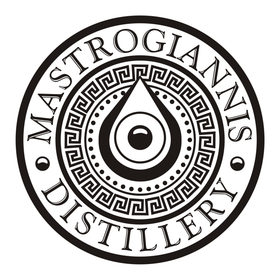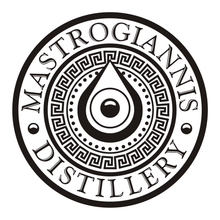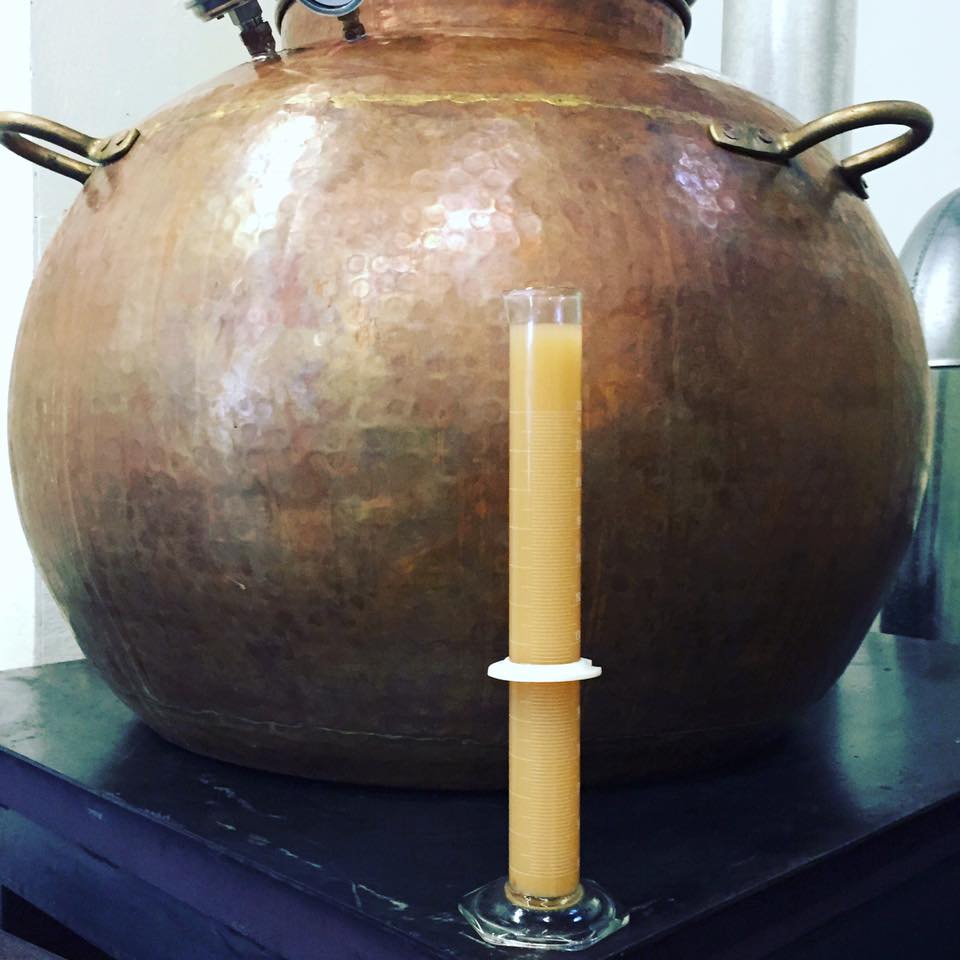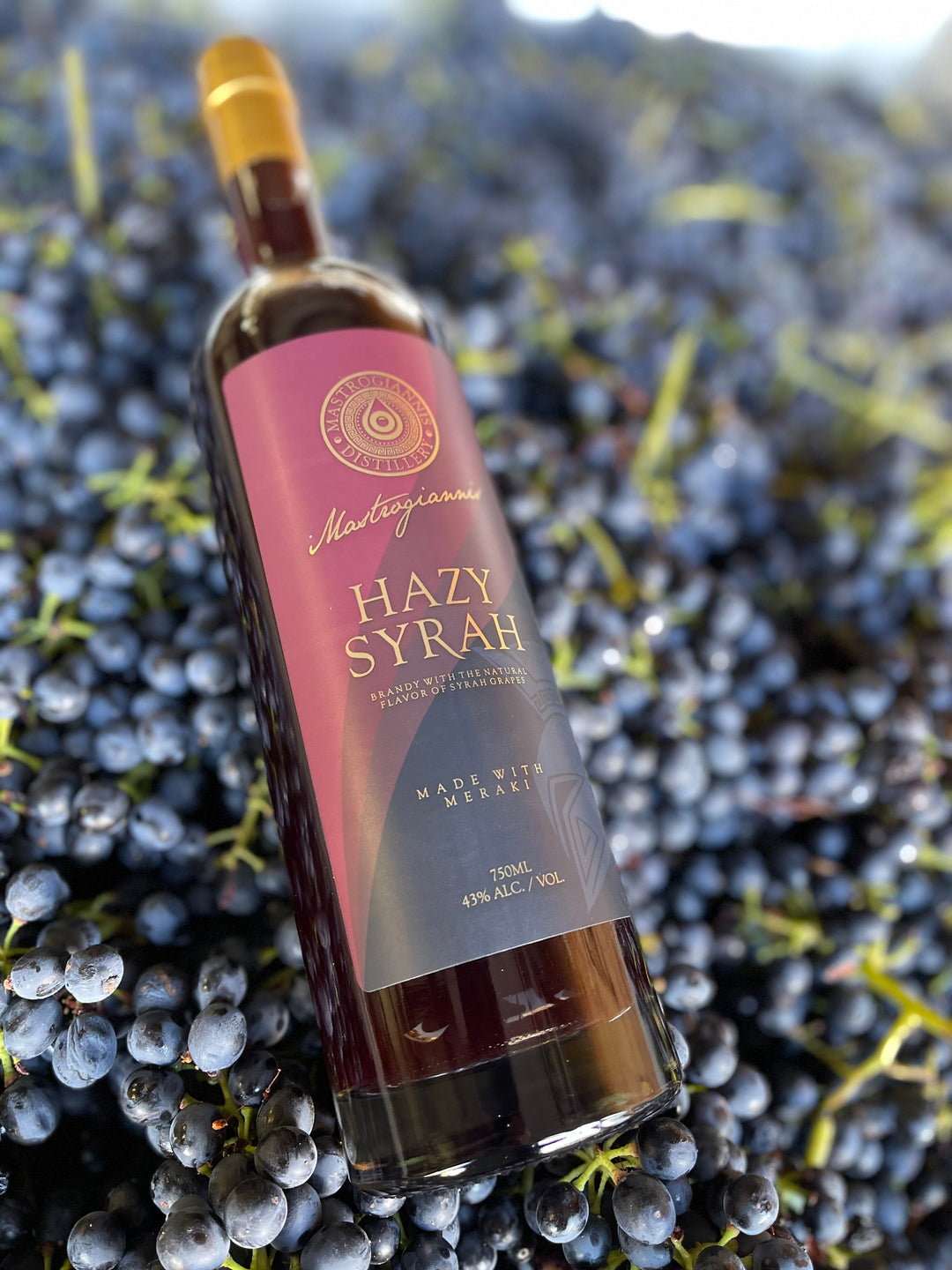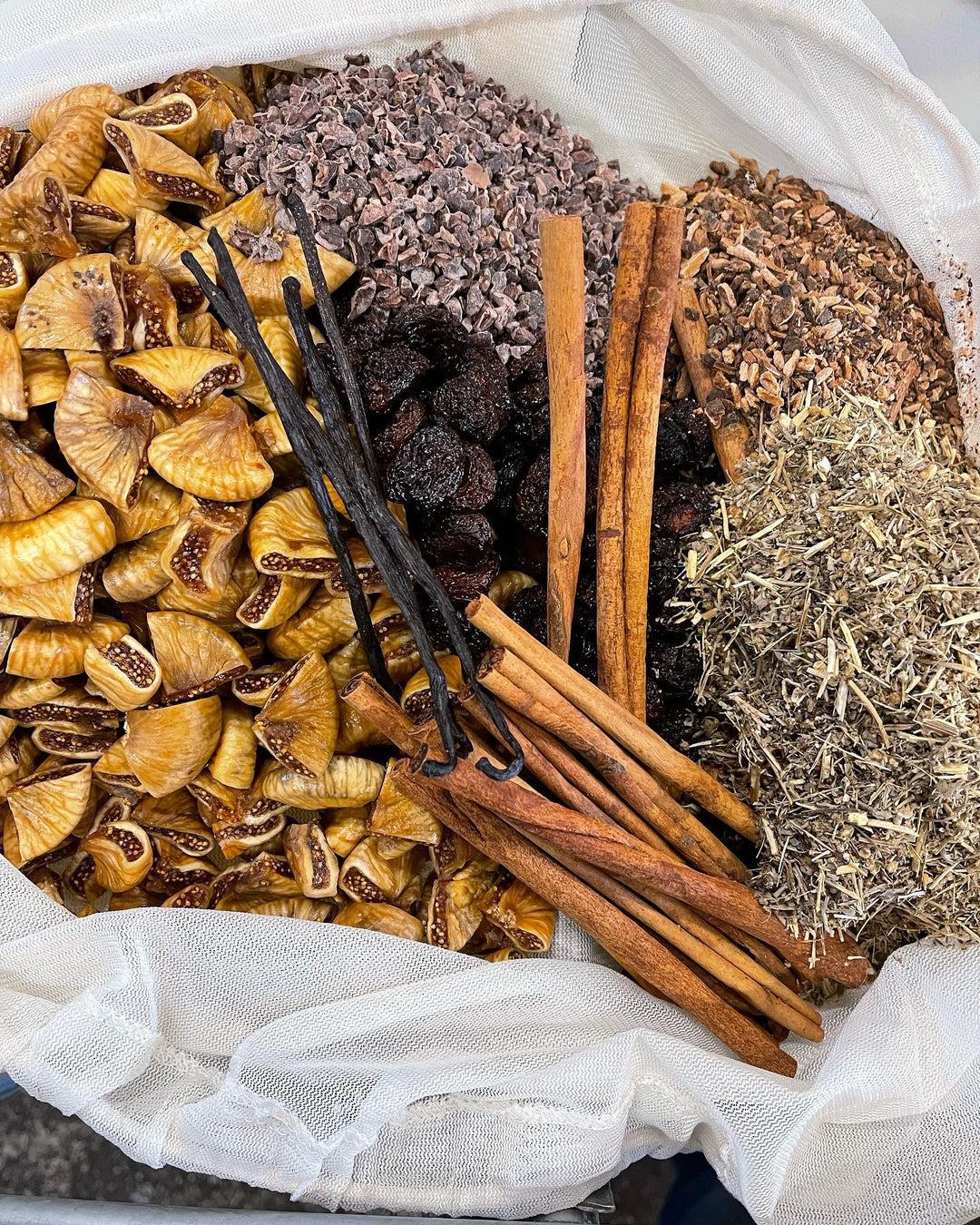Distilling Grape Brandy is unlike any of the other spirits, not only you are bound to the same agriculture discussions as a winery but due to the high cost of farming, limited availability as grapes (they are harvested once a year) and percent of fermentable sugars it becomes a very interesting proposition for a distillery that wants to exclusively use grapes as part of their product line.

Fermentation
Everything starts at our distillery location in Lakewood, WA. Where grapes arrive only once a year from the months of September to November. We are lucky to know some of these farmers on a personal level and we consider them friends.
For example, Chris, which runs Millennium vineyard a 14-acre cool-climate site that grows our Baco Noir. Once grapes arrive, we add yeast, a few key nutrients and begin our wine fermentation.

In order to produce quality brandy, you must first create quality wine. And although the wine destined for distillation is a bit different (lower alcohol and higher acidity) as your normal bottled wine, we still have to pay close attention to the fermentation temperature and quality of the ingredients to ensure a healthy and strong fermentation.
Distillation
Once fermentation is completed, the wine is ready to be distilled and it enters our stills. One is a handmade direct-fired alembic pot still imported from Portugal and our second is a high-tech column still imported from Poland. Utilizing both old school and new technology along with different distillations techniques produces a really unique brandy that you can taste the difference immediately.

Aging and Bottling
Due to our distillery size, you are most likely going to try a single barrel brandy. This means you truly get the terroir of the grape along with some of the barrel characteristics and the quality of those two ingredients being married for a minimum of two years before they end in your bottle.

We primarily use ex-wine barrels to age our brandy, we add no colors, caramel or any additives other than water. We slowly proof our brandies to 43% ABV over many weeks, non-chill filter to ensure a full-body, and we slightly filter prior to bottling to remove any small particles from the barrel aging process.
Read Part 2 of our series...
